In modern manufacturing, the cutting efficiency of the slitting machine directly affects the production cost and product quality. Improving the cutting efficiency of your slitter not only increases output but also reduces operating costs. This article will explore 7 effective ways to improve the cutting efficiency of your slitter.
1. Optimize tool selection and maintenance
The cutter is the core component of the slitting machine, and its performance directly affects the cutting efficiency. Choosing the right tool material and design can significantly improve cutting speed and accuracy. For example, tungsten carbide and ceramic tools are suitable for high-hardness materials, while steel tools are suitable for common materials. In addition, regular inspection and maintenance of the knives to ensure their sharpness and wear can extend tool life and maintain fast cutting performance.
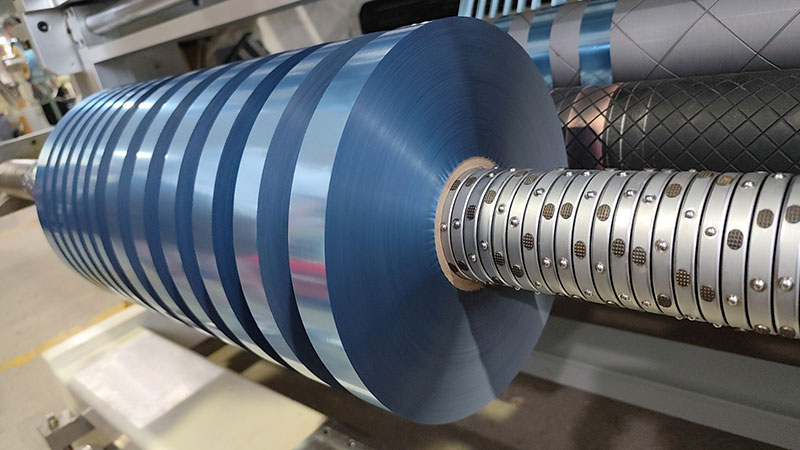
2. Adopt high-precision servo drive system
The high-precision servo drive system can provide accurate control to ensure stability and consistency in the cutting process. By using high-precision servo motors and advanced control systems, the slitting machine can achieve micron-level cutting accuracy, reduce scrap generation, and improve overall production efficiency. In addition, the servo drive system has a fast response time and is able to quickly adjust the cutting parameters to different materials and thicknesses.
3. Introduce an automatic deviation correction system
The automatic deviation correction system can monitor and correct the deviation in the cutting process in real time to ensure the accuracy of the cutting path. Such systems typically include sensors, controllers, and actuators that automatically adjust the position of the tool during the cutting process, reducing human intervention and increasing cutting efficiency. The automatic web guiding system is particularly suitable for applications that require high-precision cutting, such as electronics and medical device manufacturing.
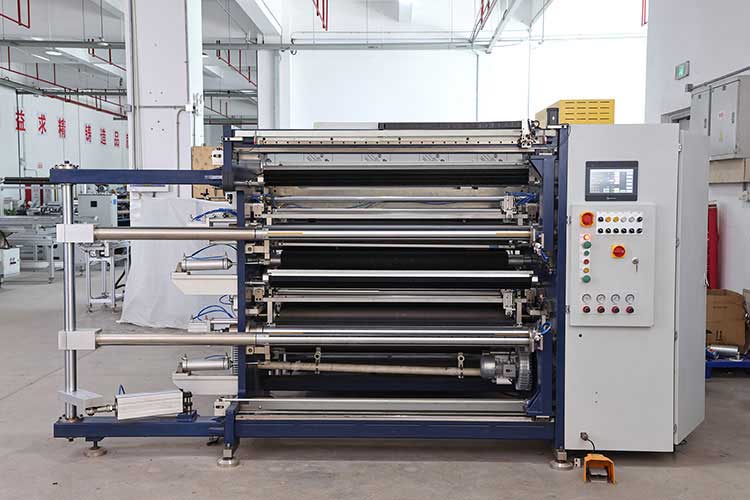
4. Optimize the cooling system
A lot of heat is generated during the cutting process, which can lead to material deformation and tool wear. The fast cooling system can effectively control the cutting temperature, reduce thermal distortion and tool wear. Common cooling methods include water cooling and air cooling. By optimizing the design and layout of the cooling system, it is possible to ensure that the temperature of the cutting area is uniform, thus improving cutting efficiency and quality.
5. Adopt a modern control system
The control system can monitor the operating status of the equipment in real time through the integration of sensors and data acquisition systems, and automatically adjust the cutting parameters according to the actual needs. For example, through the Internet of Things (IoT) technology, the slitter can realize remote monitoring and fault diagnosis, and find and solve equipment problems in a timely manner. Data analysis can also help optimize cutting parameters and improve production efficiency and product quality.
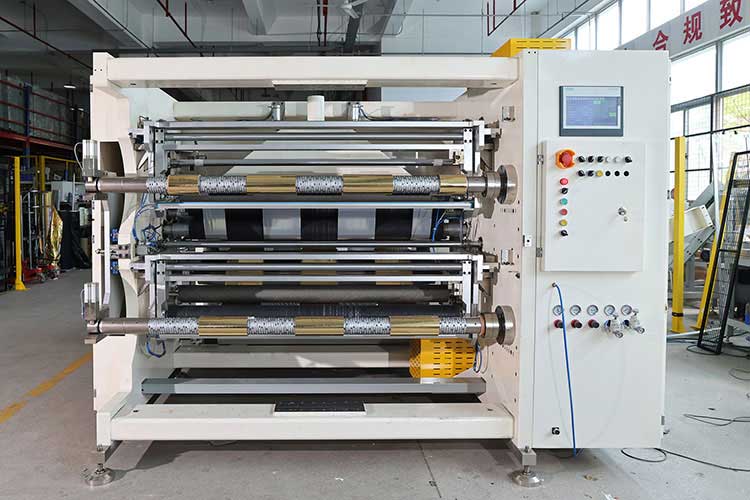
6. Implement automated production lines
By introducing an automated production line, the slitting machine can be seamlessly connected with other production equipment to form a fast production process. Automated production lines include automatic loading and unloading systems, material conveying systems, and robots, which can reduce manual intervention and improve production efficiency. For example, in the automotive manufacturing industry, slitters can work in tandem with processes such as stamping, welding, and assembly to automate the entire process.
7. Regular maintenance and maintenance
Regular maintenance and upkeep of the slitter is key to ensuring its long-term and fast operation. Regularly inspect the mechanical parts, lubrication system, and electrical system of the equipment to ensure that it is in good condition. Regular replacement of wear parts and lubricants can extend the life of your equipment and reduce downtime and repair costs.
In short, the cutting efficiency of the slitter can be significantly improved by optimizing tool selection and maintenance, adopting a high-precision servo drive system, introducing an automatic guiding system, optimizing the cooling system, adopting a modern control system, implementing an automated production line, and regular maintenance and maintenance. These methods not only improve production efficiency, but also ensure product quality and bring greater economic benefits to the enterprise.



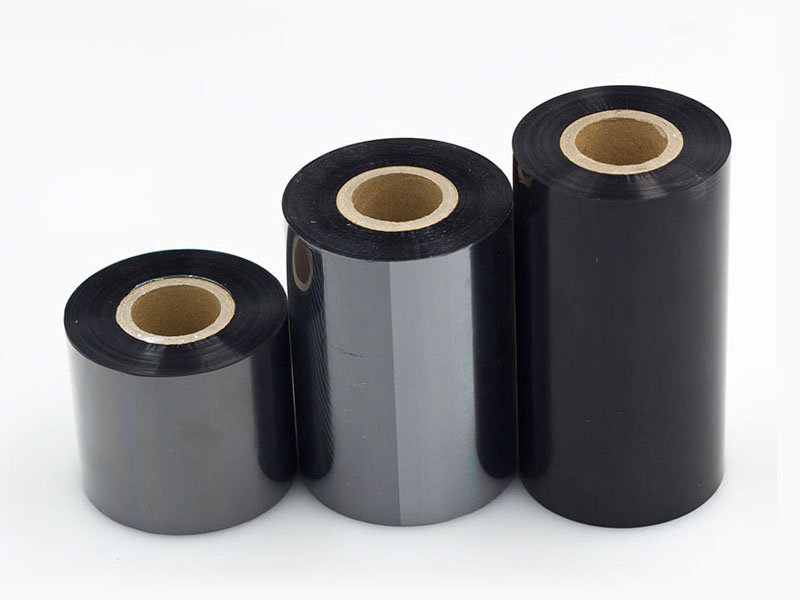
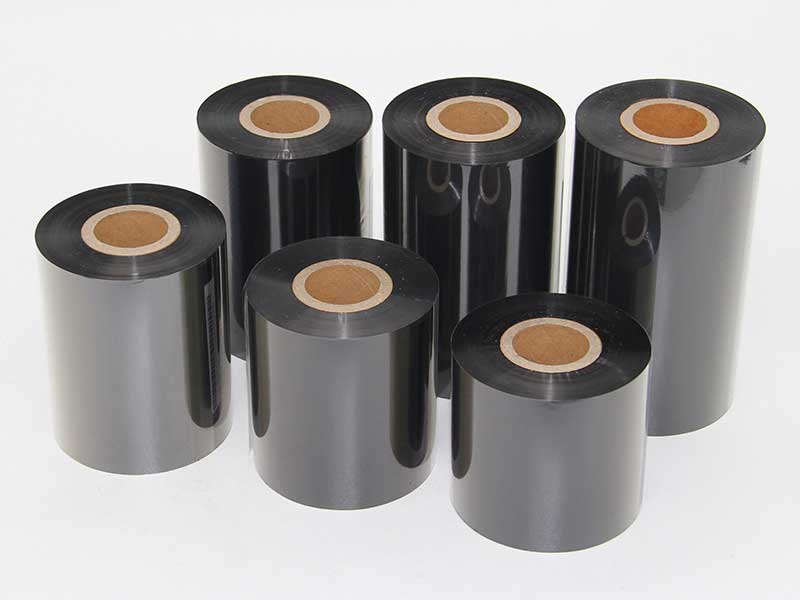

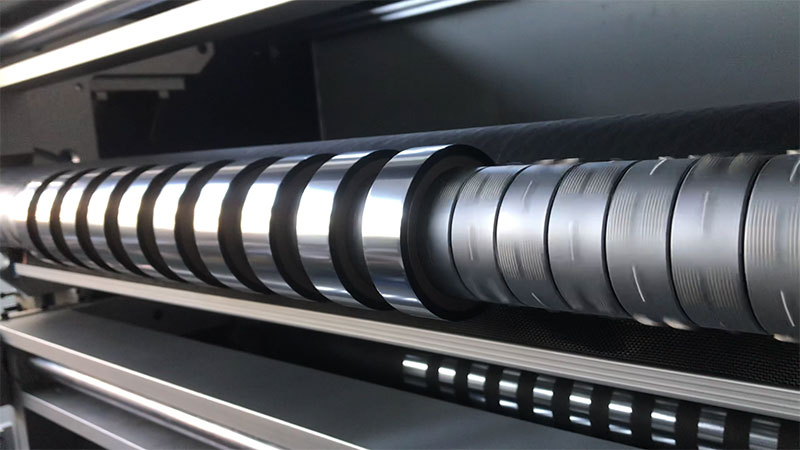
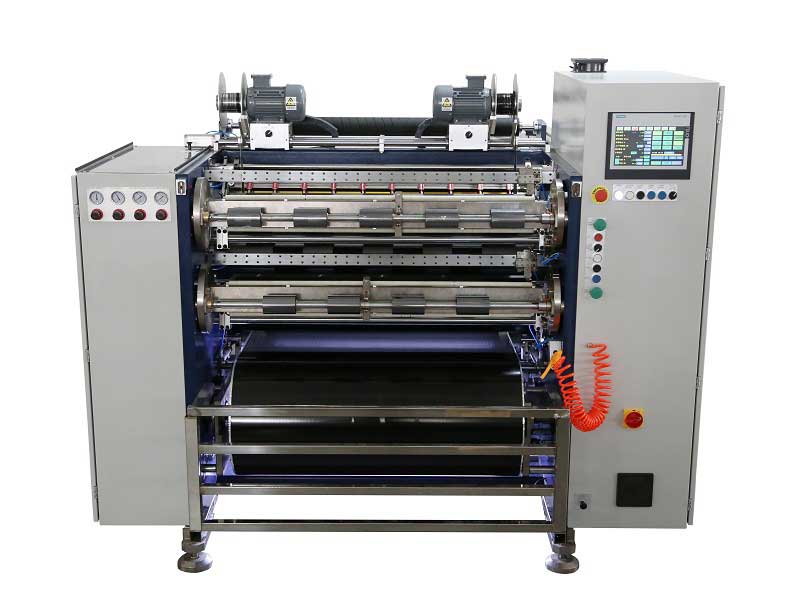 Automatic Thermal Transfer Ribbon Slitting Machine RSDS8 H PLUS
Automatic Thermal Transfer Ribbon Slitting Machine RSDS8 H PLUS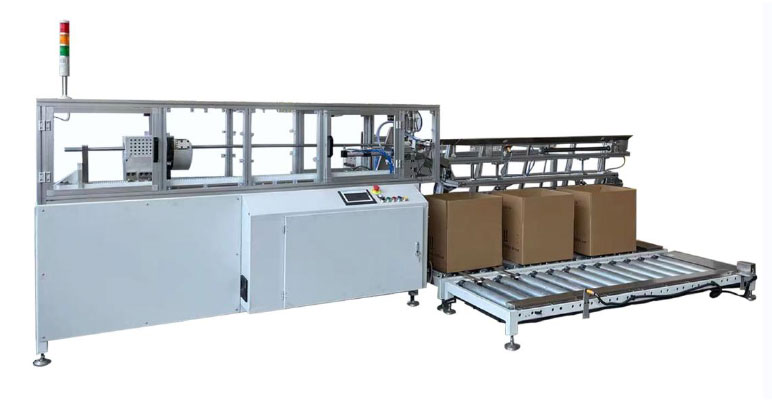 Automatic Paper Core Cutting Machine
Automatic Paper Core Cutting Machine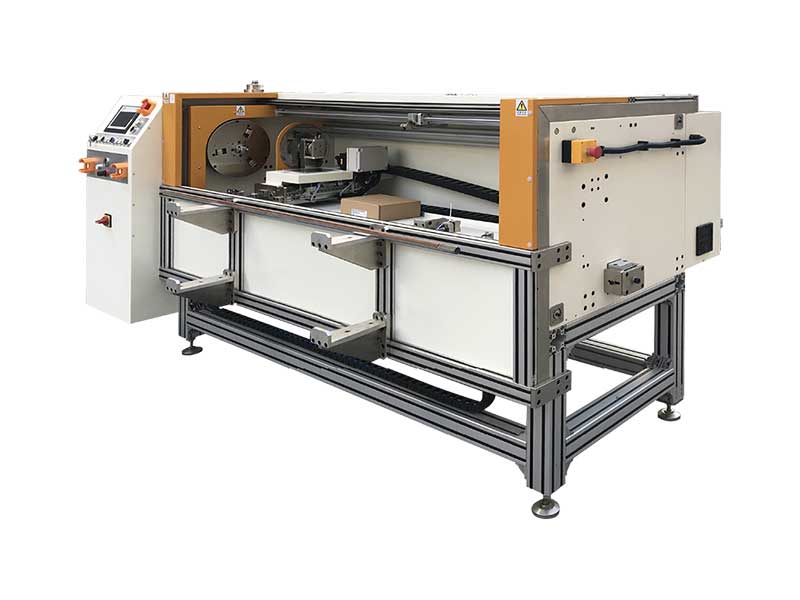 Automatic Foil Roll Cutting Machine
Automatic Foil Roll Cutting Machine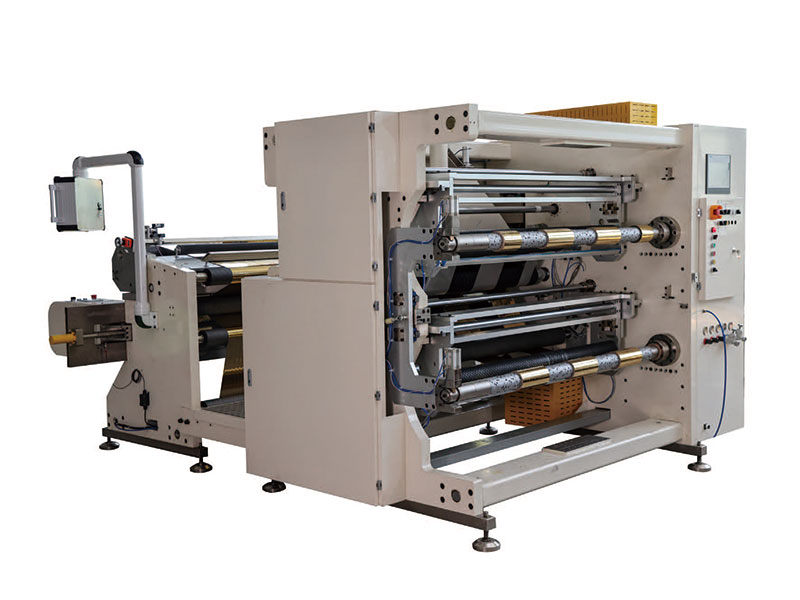 1400mm Hot Stamping Foil Slitting Machine
1400mm Hot Stamping Foil Slitting Machine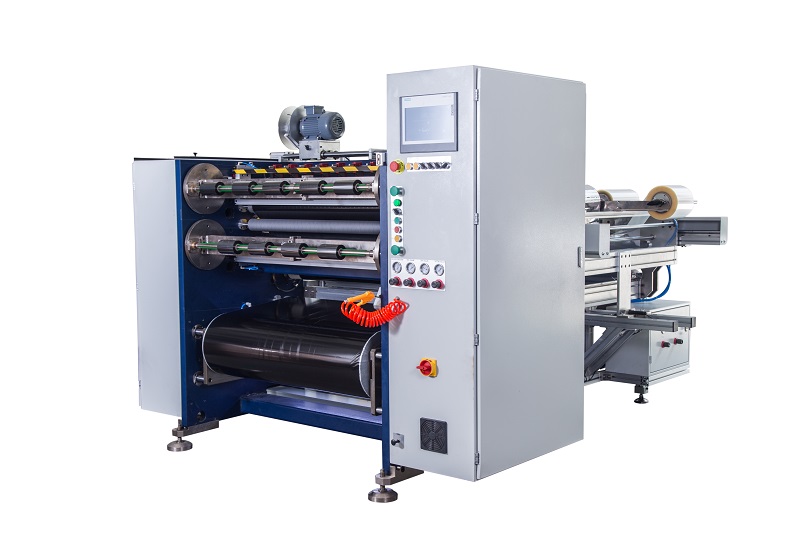 Semi Automatic Thermal Transfer Ribbon Slitting Machine RSDS5 PLUS
Semi Automatic Thermal Transfer Ribbon Slitting Machine RSDS5 PLUS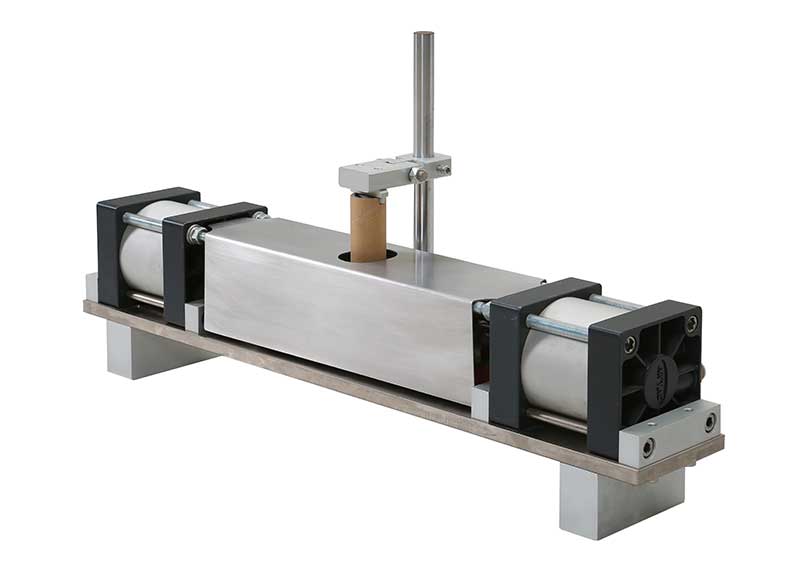 Paper Core Notch Puncher
Paper Core Notch Puncher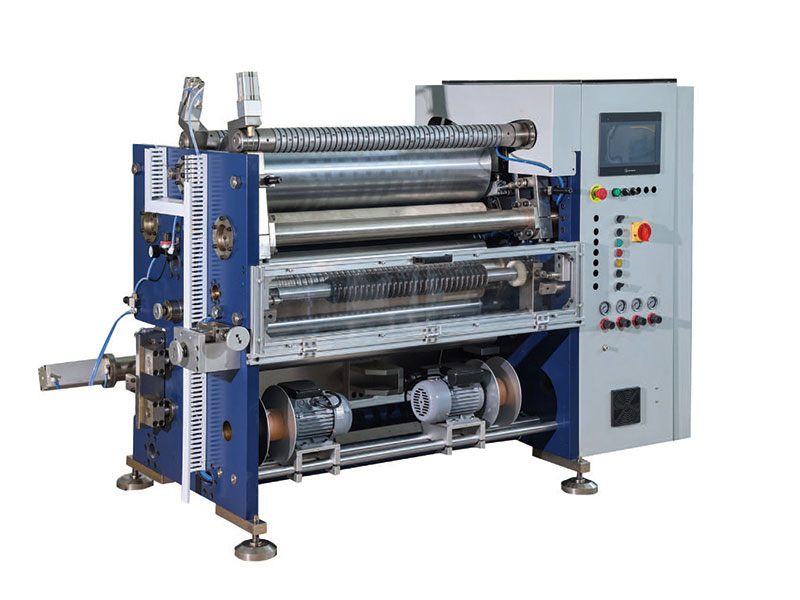 800mm Hot Stamping Foil Slitting Machine
800mm Hot Stamping Foil Slitting Machine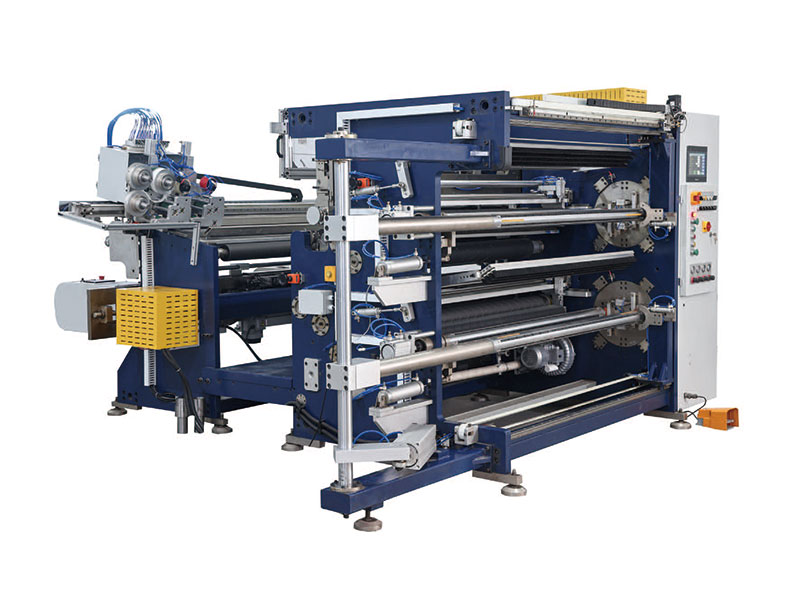 1350mm Hot Stamping Foil Slitting Machine
1350mm Hot Stamping Foil Slitting Machine

